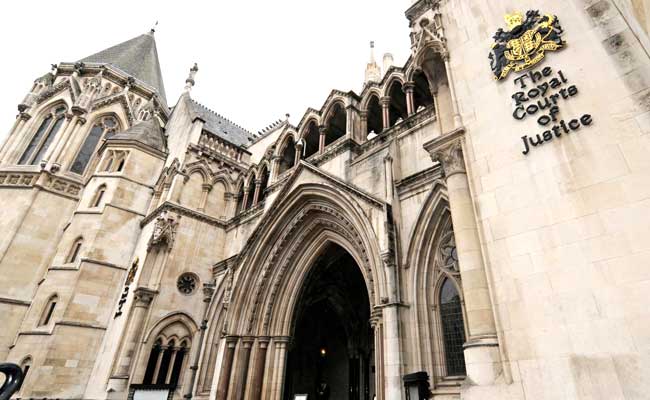PK (Ghana), R (On the Application Of) v SSHD [2018] EWCA Civ 98 (08 February 2018)
Introduction
- The Council of Europe Convention on Action against Trafficking in Human Beings 2005 (CETS No 197) (to which I shall refer in this judgment as “the Trafficking Convention”, or just “the Convention”) does not give a foreign national an automatic right to remain in a particular country by virtue of being a victim of trafficking alone; but it does require a state to grant such a victim a residence permit where the competent authority in that state considers that that person’s stay in the country is necessary owing to his or her personal situation. The short point in this appeal is whether the policy documents published by the Secretary of State give effect to that obligation. Picken J held that they do. The Appellant contends that he was wrong.
- Anyone, including a decision-maker, reading paragraphs 2.1 and 2.4 could (and, in my view, probably would) proceed on the basis that the same high threshold applies in trafficking cases. That impression is fortified by the general impression given by the policy guidance that trafficking cases are to be treated in the same as any other application for discretionary leave to remain. For example, the CAG indicates that, if discretionary leave had already been considered with an asylum claim, then it is unnecessary to consider it in the context of Article 14(1)(a) of the Trafficking Convention (see paragraph 18 above). However, as I have described, the Convention is intended to give victims of trafficking particular protection and assistance; and Article 14(1)(a) merely requires consideration of whether it is necessary for the victim to remain in a country because of his or her personal circumstances, without the higher threshold implicit in the word “compelling”.
- Consequently, even if a decision-maker were to grasp that Article 14(1)(a) of the Convention requires consideration of whether it was necessary for a person to remain in the United Kingdom has to be assessed by reference to the objectives of the Trafficking Convention, there is a real – indeed, in my view, a very substantial – risk that, on the basis of the policy guidance, he would apply a threshold different from and higher than that required by the Convention.
- Finally, I should deal with two discrete points relied upon by Picken J (see paragraph 36 above)
- First, he suggested that the fact that the criterion in Article 14(1)(a) is in terms of whether the competent authority “considers” that the victim’s stay is necessary is of some significance. However, in my view, the word does not support the Secretary of State’s contention that a discretion is left to each state to decide the criteria that should be applied. Rather, as Mr Westgate submitted, it simply means that the competent authority has to make an assessment of whether the criteria are met in a given case. It does not bear upon the scope of those criteria, which are laid down in the Convention itself and are not a matter for the states who are parties to it.
- Second, contrary to the judge’s view, I am unconvinced that paragraph 183 of the Explanatory Report gives any support to the construction which he favoured. That paragraph refers to a person’s personal circumstances being “such that it would be unreasonable to compel them to leave the national territory”; but “compel” there is used in a very different sense from that in which it is used in the Secretary of State’s policy guidance, i.e. as a verb meaning to require. The word is also used in a different context, where it is envisaged that a person will beremovedfrom the United Kingdom, whereas, in the present context, the issue is whether it is necessary that a person should be permitted tostay here.
Conclusion
- For those reasons, I consider that the Secretary of State’s policy guidance documents fail properly to reflect the obligation imposed upon the United Kingdom in Article 14(1)(a) of the Trafficking Convention.
- I would consequently allow the appeal. Subject to the further submissions of the parties on the terms of the order, I would quash the order of Picken J, make a declaration that the relevant policy guidance is unlawful, and quash the Secretary of State’s decisions of 10 October 2013 and 16 January 2015.
Published on Bailii,13/02/2018, https://is.gd/rr7MUI
